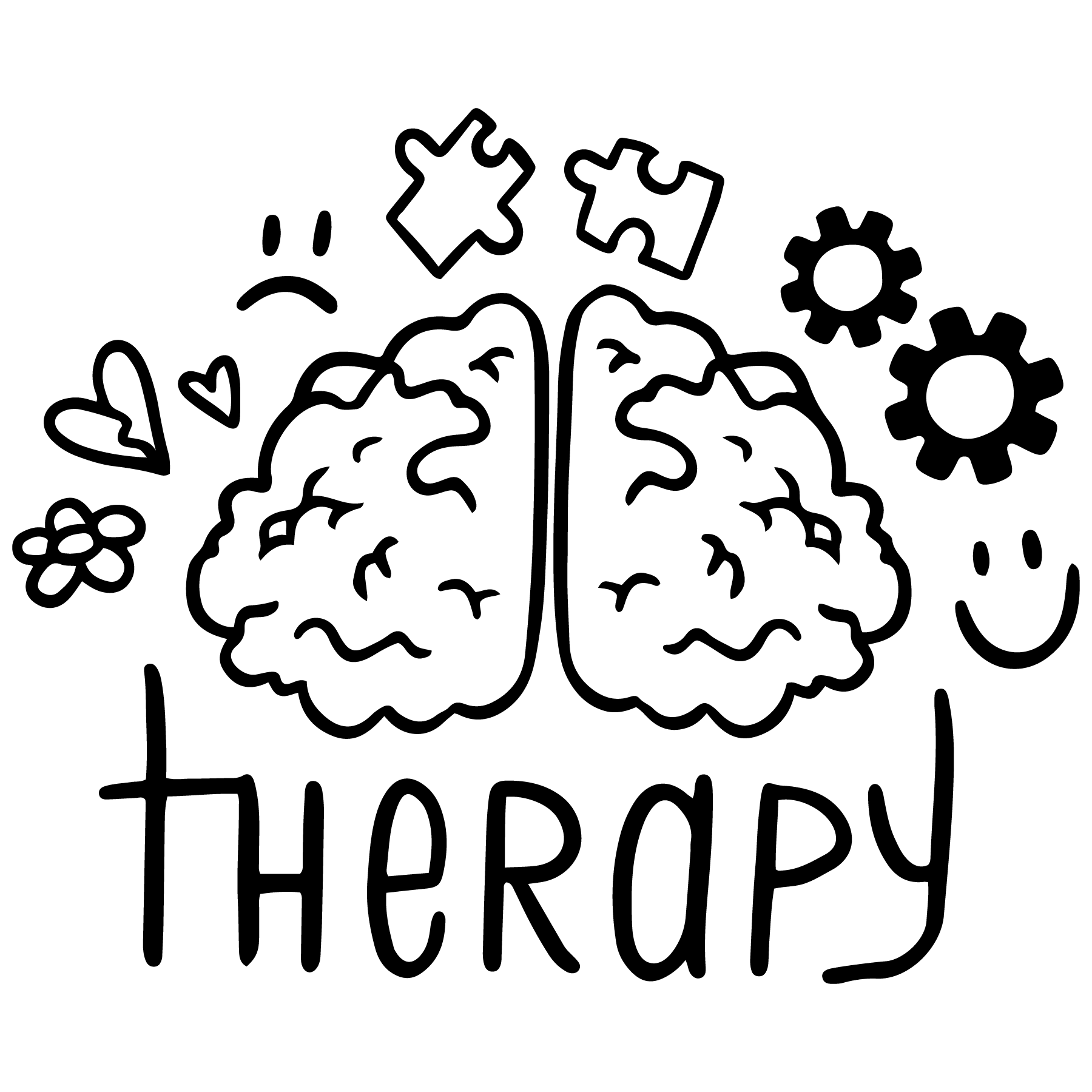
Click to verify license, Licensed Professional Counselor: PC010104

Growing up, children depend on their parents for love, guidance, and support. However, not all parents are emotionally mature or capable of providing their children with what they need. Children of emotionally immature parents may struggle with a range of challenges well into adulthood. Here are a few signs that you may be an adult child of emotionally immature parents:
Difficulty setting boundaries: As a child, you may have learned to suppress your own needs and emotions to avoid conflict or disapproval from your parents. As an adult, this can make it difficult to set healthy boundaries and assert yourself in relationships.
Feelings of guilt or shame: Emotionally immature parents may have made you feel responsible for their emotions or needs, leaving you with feelings of guilt or shame when you don't meet their expectations.
Struggle with emotional regulation: Children of emotionally immature parents may not have learned healthy coping strategies for managing their emotions, leading to difficulties regulating emotions as an adult.
Low self-esteem: When parents are emotionally immature, they may not provide the love, validation, or encouragement that children need to develop a strong sense of self. As an adult, this can result in low self-esteem and a lack of self-confidence.
Difficulty with intimate relationships: If you grew up in an environment where emotional expression was discouraged, you may struggle to form intimate relationships as an adult. You may struggle to connect with others on an emotional level, or fear being vulnerable.
If you can relate to any of these experiences, know that you are not alone. Working with a therapist who specializes in childhood trauma and family dynamics can be an effective way to heal from the wounds of emotionally immature parents. In therapy, you can learn to set healthy boundaries, regulate emotions, and develop a strong sense of self-worth.
It's also important to remember that you are not responsible for your parents' emotions or behavior. You can't change the past, but you can choose to take control of your present and future. This may involve setting limits on your interactions with your parents, or making difficult decisions about your relationships with them.
Ultimately, healing from the wounds of emotionally immature parents is a journey, but it is one that can lead to greater self-awareness, self-love, and emotional resilience. By acknowledging and addressing the impact of childhood experiences, you can move towards a more fulfilling and joyful life.